INTRODUCTION
Many people have already asked us about who are our competitors. A constant doubt from our new partners is if they are allowed to comment about "store XX" or the "website YY". We never saw any problems with that, which causes surprise at first glance. This question is so recurrent that we have decided to explain our vision about Magic's market and how it may be segmented.
This segmentation allows for a heterogeneous market to be seen as something homogeneous. For that, each element will be organized into groups. Every segmentation has its problem, considering the amount of information lost, but this is compensated with a diversity of benefits. Here we will see stores, websites and other elements being organized into categories, simplifying them, all through Cards Realm's field of view, with the objective of clarifying the general objectives of each one, their competitors and how they act.
Ad
THE SUGGESTED SEGMENTATION MODEL
In our vision, Magic's market may be divided into 4 large groups: Wizards of the Coast, stores, marketplaces and referrers. All of them surround the players of the game, but also interact between themselves in order to reach their objectives.
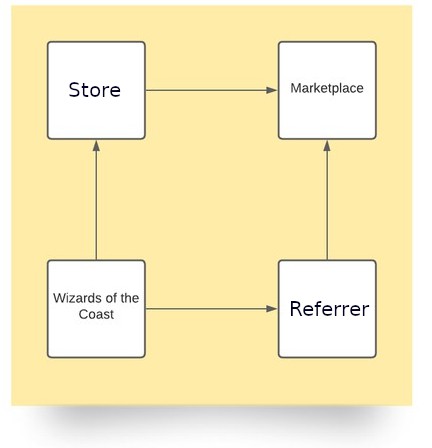
WIZARDS OF THE COAST
Wizards of the Coast is the company which possess the image copyrights of Magic: the Gathering. It acts as a regulator agent: It may create new products, ban cards, stop the selling flow of a product and even remove sites connected to Magic any moment it wishes to. The main objective of Wizards of the Coast is to sell products connected to the game. Its main clients, considering tabletop Magic, are the stores which sell their products to the final consumer.
STORES
Stores are the sellers of products licensed by Wizards of the Coast. They may be physical stores with workers and official retailer registration or they may simply be players selling their cards and products they obtained through tournaments. The main objective of a store is to sell their products. Their main clients are, thus, those who buy their products, which are mainly people who play tabletop Magic. To become relevant, stores usually seek entrance to selling platforms like Google Shopping; whichever helps them to increase their reach. To sell their products, stores purchase services which allow for stock administration, website creation and others.
There are many stores, like Cardkingdom, sponsor of Cards Realm. Stores are closer to the players, including physical contact. Due to this characteristic, they also seek to maintain this unique proximity by organizing IRL events and tournaments, always trying to stay relevant on the life of their players.
Online competition between stores is huge, but that is far tinier in physical stores. There aren't a lot of stores Wizards Play Network (WPN) worldwide, approximately around 1 store for each million people.
MARKETPLACE
Marketplaces are platforms or websites which provide services to stores. These services are usually stock administration, e-commerce platforms and website creation. The main objective of a marketplace is to convince stores to use their product. Thus, their main clients are the store owners. To keep themselves relevant, they create Application Programming Interfaces (APIs) so others may refer to them.
The largest marketplaces in the world are: Amazon, Shopify
, Ebay
, Cardmarket
and TCG Player
.
The biggest advantage of a marketplace is to make it cheaper to manage a store. So, instead of a single store having many teams like designers, programmers, management and others, the store may simply hire the services provided by a marketplace, which ends up being cheaper. The disadvantage is that marketplaces may be limited when allowing stores to build a custom setup to differentiate themselves in relation to others using the same service. However, marketplaces usually sell some customizable options.
Ad
Marketplaces make profit by charging a monthly fee for the use of their services and a percentage of the sales. These are the two main sources of profit for marketplaces and, thus, they compete amongst themselves to attract more stores by offering better services to them.
REFERRERS
The referrers are all of those who create content, like articles, podcasts, videos, vlogs, streams, etc. The main client of a referrer is anyone who is interested in his/her content. Their main objective is to become relevant on the community and, through this, achieve the maximum possible number of interested people. The more relevant, the more they can sell space in their content to stores, marketplaces or even directly to Wizards of the Coast. Their main source of profit is obtained by referring people to their sponsors.
Notice that a referrer is a free entity, referring whoever he/she desires. This freedom is their main advantage and the core of what is a referrer. Their profit is limited as they are dependent on the profit of others. In other words, they receive a very small percentage of each sale.
As referrers we have YouTubers, Podcasters, Facebook pages, Magic eSports teams, etc. But we also have blogs like Hipsters of The Coast; sites like our own Cards Realm or MTGGoldFish
; sites with price aggregators like Google Shopping too etc.
As Cards Realm identifies itself as a referrer, we see no problems in mentioning other websites or YouTubers even if they are technically "competitors". A player may read the same news on two different websites (which is a positive thing) and, thus, contrary to stores and marketplaces where there is only one sale possibility for each client, the competition between referrers doesn't happen like this. There is competition, but it is subtle.
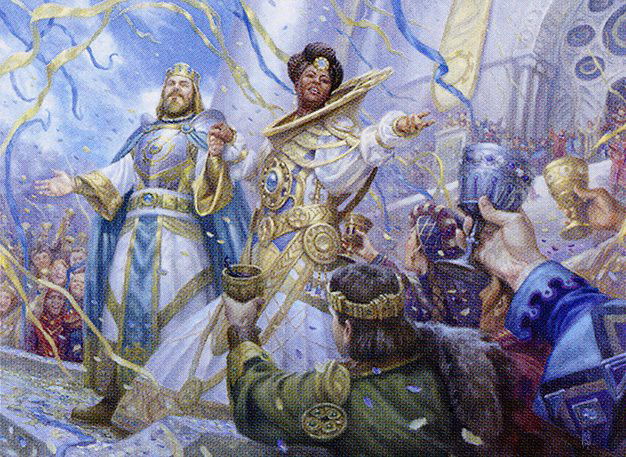
QUESTIONS WHEN IDENTIFYING THE SEGMENTATION
The simplification when dividing the market in 4 parts may cause confusion when classifying an agent. It is important to verify how each agent behaves and their objectives. Let's analyze some questions which were raised during this segmentation process.
A store like CardKingdom, which has its own website system, may be considered a marketplace? Cardkingdom's objective when developing their own site and sale system was to differentiate itself from the sea of stores that exists, not to sell their system to other stores. This objective is the same than a store and, for that, Cardkingdom is considered a store, not a marketplace.
A store's YouTube channel is considered a referrer? The main objective of a YouTube channel created by a store is to sell their products. The freedom of a referrer doesn't exist in this case. Thus, the channel isn't considered a referrer.
A marketplace like CardMarket which presents many stores is a referrer? A product like the list of prices by a marketplace website like CardMarket
intends to find clients for the stores who are part of it. It is an attractive to those who may use Card Market's platform, thus increasing the number of participant stores. Notice that the objective isn't to show the best price for the player, as the best price may be on another website, like eBay or TCG Player
; thus, we see these lists as marketplaces.
Ad
It is possible to notice that many business end up mixing services presented on this segmentation. A marketplace may present referrer's characteristics in some contexts, like publishing articles; while a store may have some features of a marketplace; and, finally, a referrer may try to sell products, thus looking like a store as well. This mix is generally not recommended, but it happens. The reason why it isn't recommended is because the objectives of each segmented part are different and don't converge. For instance, a referrer which has her/his own store may scare sponsors away or even his/her viewers as he loses the freedom of talking about other stores. Another example is a store which when using their resources to create its own website ends up raising the price of their product unnecessarily, selling less. A last example would be a marketplace which tries to also work as referrer, not focusing on the stores and possibly losing its main clients.
CONCLUSION
Cards Realm is characterized as a referrer. Thus, there is no problem in mentioning "competitors" as we don't see other players like such.
We hope to have answered your questions about Cards Realm's position and how we see Magic's market. If you have any suggestions or questions, we are waiting for your comments.
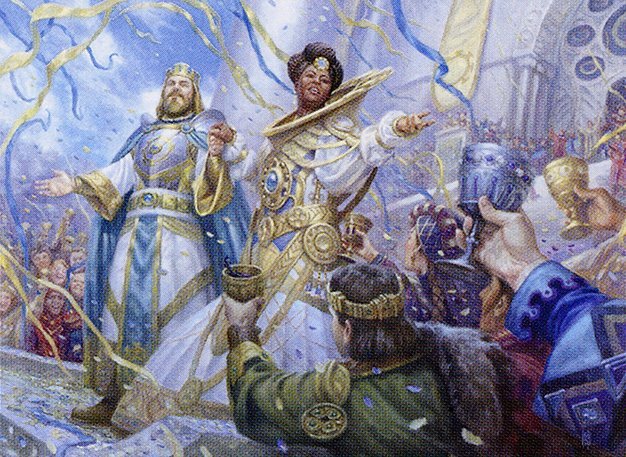



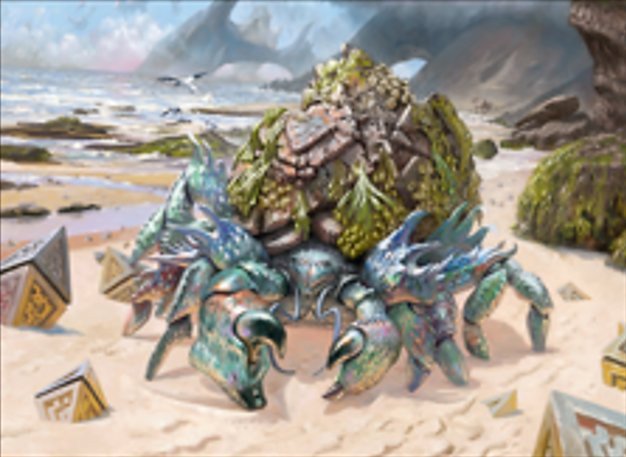
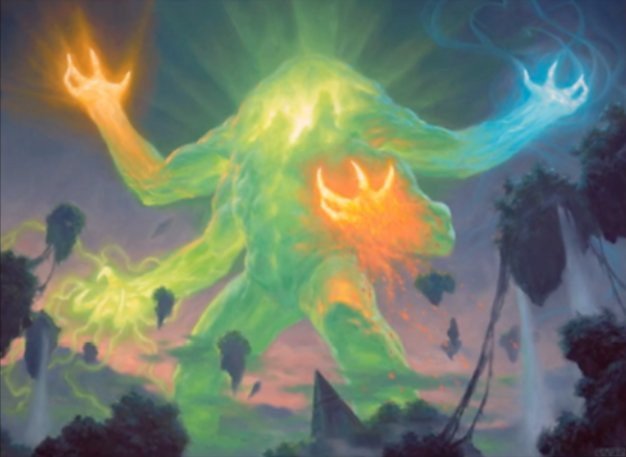


— Comments0
Be the first to comment